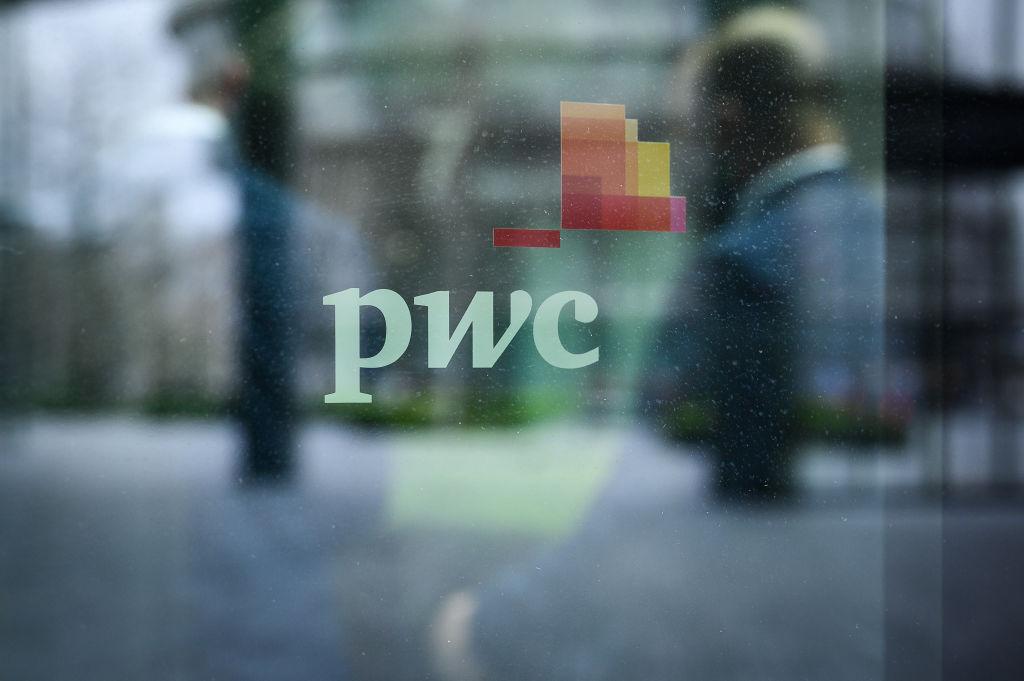The Chinese communist regime has fined the accounting firm PwC’s unit in China a record 441 million yuan—about $62 million—and banned it from conducting business for six months because of its involvement in the Evergrande audit.
That total includes a $16.35 million fine imposed by the Chinese Ministry of Finance and a $45.8 million fine from the China Securities Regulatory Commission on PwC Zhong Tian, also known as PwC China, along with a six-month ban and the closure of a PwC branch in Guangzhou.





